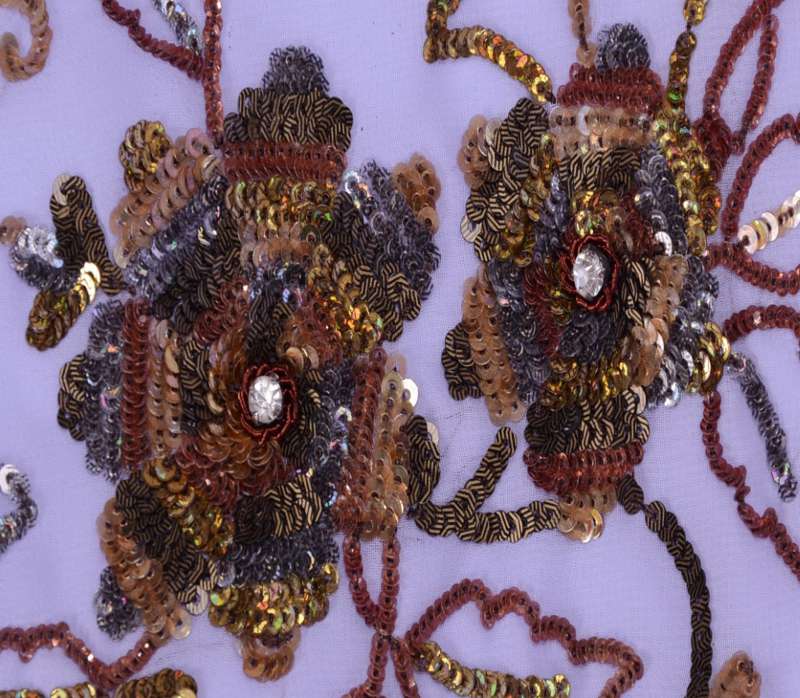===
0185,
2
===

=== |
 |
be-qaaraarii : 'Restlessness, uneasiness, anxiety, discomposure, disquietude; instability, inconstancy, variableness, fluctuation'. (Platts p.203)
FWP:
SETS
MOTIFS == [DEAD LOVER SPEAKS]; [LOVER AS BIRD]
NAMES == HUNTER
TERMSIn an unusual combination, the lover here speaks both as a bird, and also after his death.
SRF sets out the two main interpretations: that the ensnared bird dies of grief (at the loss of his beloved garden) or of longing (in his desperate eagerness for the Hunter to arrive). But the versatility and unspecificity of be-qaraarii (see the definition above) makes it impossible for us to be sure even of these two alternatives.
As SRF also notes, the bird could have simply been restless by temperament. If he was restless in general, why would his restlessness not continue, or even increase, when he was trapped beneath the net? Was the bird neurotic, or high-strung, or frail, or simply sensitive and imaginative? Through the entirely neutral description in the verse, Mir keeps all options open, so that we're obliged to decide the question (to whatever extent we do decide it) for ourselves.